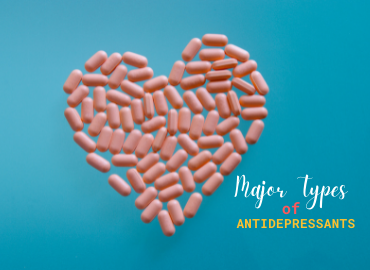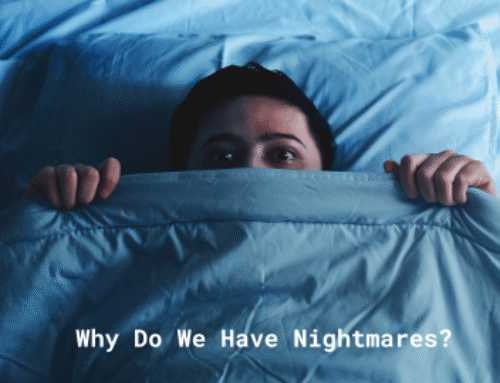Finding the Balance
Medication is one of the many resources we use to treat major medical depression (MDD). Medication is often an integral part of a patient’s treatment regimen. Combined with other options like group therapy, one-on-one talk therapy, behavioral therapy, etc., mental health medication offers a better quality of life to thousands every day.
It can be tough and time-consuming to find the right meds. Sometimes the dosage needs adjusting or sometimes more than one prescription is necessary. Some medications are unsuitable for a patient because of other medications they may be taking, the presence of conditions like heart or kidney disease, or pregnancy and breastfeeding.
Antidepressant Categories
Each medication used to treat depression has its own unique nature, but most fall into these categories:
− SSRIs, or selective serotonin reuptake inhibitors. This is the most commonly used group, including Lexapro, Celexa, and Zoloft.
− SNRIs, or serotonin and norepinephrine reuptake inhibitors, are fairly new. This group includes medications like Pristiq and Cymbalta.
− TCAs, or tricyclic antridepressants, are an older class of medications and include Sinequan, Aventyl, and Elavil.
− MAOIs, or monoamine oxidase inhibitors, are some of the first medications distributed for depression. This group includes drugs like Nardil and the EMSAM skin patch.
− Other medications are not yet classified or don’t fit into any of the current major groups. These include Wellbutrin and Remeron.
There are plenty of other medications that are used alongside antidepressants for their own benefit and to enhance the effects of the antidepressants. Lithium, Buspar, and Vyvanse are some examples.
Common Antidepressant Side Effects
Common side effects patients often complain of are weight gain, sleep disturbances, sexual dysfunction, dizziness, and many more depending on the patient’s unique situation. This is not to discourage investigating helpful medications, but it is a factor, and some side effects are enough to make the medication unsuitable for that patient. One of the many reasons we’re excited to offer transcranial magnetic stimulation (TMS) is that it is an excellent complement to medication and does not carry side effects for the vast majority of patients any worse than a mild headache.
Always consult with your general practitioner first before exploring TMS or any medication. Make sure to be honest with all health professionals about what you’re feeling, physical and mental. A complete account of your symptoms will help them arrange the proper help. Journaling is an excellent way to keep track of cycles, side effects, improvements, and losses. Never stop taking medication without advice from a doctor and remember that many medications take weeks to show effects.
Seeking Relief
Reaching out for help is a courageous act, not a sign of weakness or an admission of wrongdoing. Contact us with questions any time.




